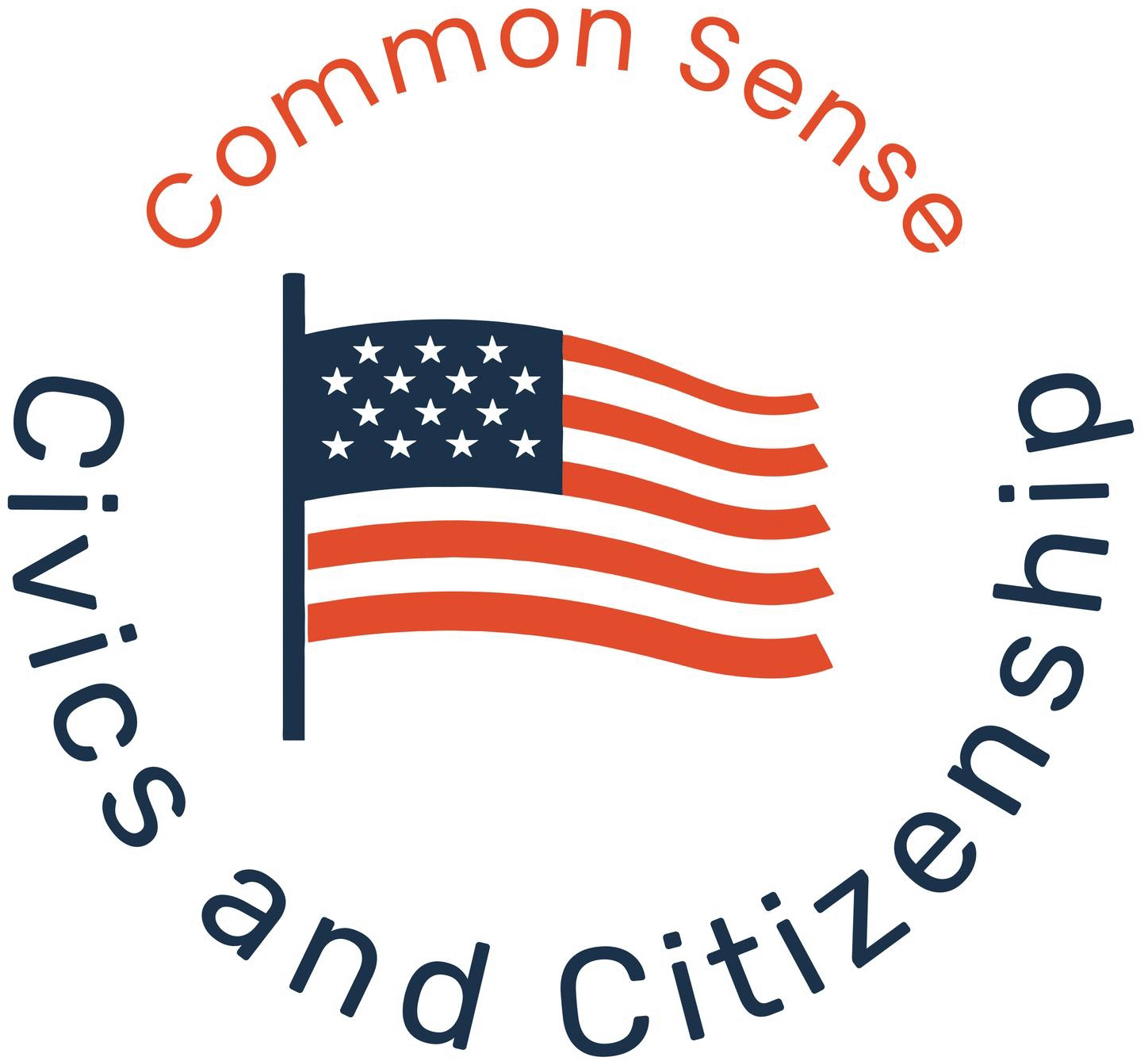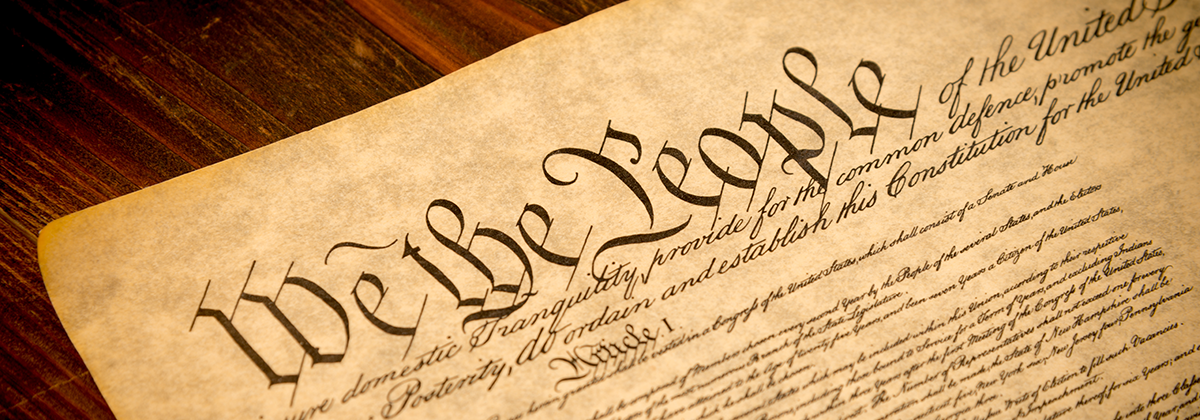Several of our participants have recently commented on the powers given to Congress in Article 1, section 8 of the U.S. Constitution. Do you remember what specific powers those are? We the People grant those powers to Congress, so we should familiarize ourselves with them. Congress has been given power only over the 17 specific powers listed in Article 1, Section 8.
The 17 Specific Powers of Congress
Tax and spend for payment of debts, the common defense, and general (not specific) welfare
Borrow money
Regulate commerce
Make rules for naturalization and bankruptcy
Coin money, regulate its value, and fix weights and measures
Punish counterfeiting
Establish post offices and post roads
Establish regulations for copyrights and patents
Establish federal courts below the Supreme Court
Define and punish piracy and felonies on high seas
Declare war
Raise and support armies
Provide and maintain a Navy
Rules of discipline for military forces
Provide for calling the militia into Federal service
Organize, arm, and discipline militias
Control Federal property (specifically post offices, the District of Columbia, and military facilities)
Our Founders knew that governments historically do power grabs, so they (representing We the People) limited and defined those 17 powers delegated to Congress through the Constitution. But wait. Article 1, section 8, clause 18 adds, “To make all Laws which shall be necessary and proper for carrying into Execution the foregoing Powers, and all other Powers vested by this Constitution in the Government of the United States.” As you can see, implied powers are added. That is, the Constitution gives Congress authority over legislative powers not listed in the Constitution but implied in the 17 expressed powers.
Implied Powers: A Double-Edged Sword
Doesn’t “implied powers” open the door to a wide variety of powers that We the People never intended Congress to have? Didn’t our Founders think of that? Yes, they did. “Necessary and Proper” does not mean runaway authority in any given generation of elected officials. Instead, implied powers are those implicated by the limited and defined powers granted to Congress and spelled out by the Constitution.
The Air Force was formed in 1947, long after the Constitutional Convention (the era of the horse and buggy). The Constitution in Article 1, section 8 gave Congress the power to create the Air Force as implied by the power to raise and support armies and provide and maintain a navy.
Establishing a national bank to regulate commerce is another example of an implied power.
The Role of We the People
You might argue that Congress has stretched the necessary and proper clause beyond its limits. In modern times, federal courts have granted additional powers to Congress that aren’t spelled out specifically in the Constitution. It’s issues like these that We the People need to be more vocal about by asking, “Where specifically, besides the “necessary and proper” clause, does Congress get the power to do this?” Your representatives should be able to cite a specific place in the Constitution that makes their proposal “necessary and proper.”
By actively engaging in the conversation about Congress’s powers, we uphold the principles of our Constitutional Republic and ensure that our government remains a true reflection of the people’s will.
This is Common Sense Civics and Citizenship. 🇺🇸
Join the conversation! https://www.facebook.com/commonsensecivics


